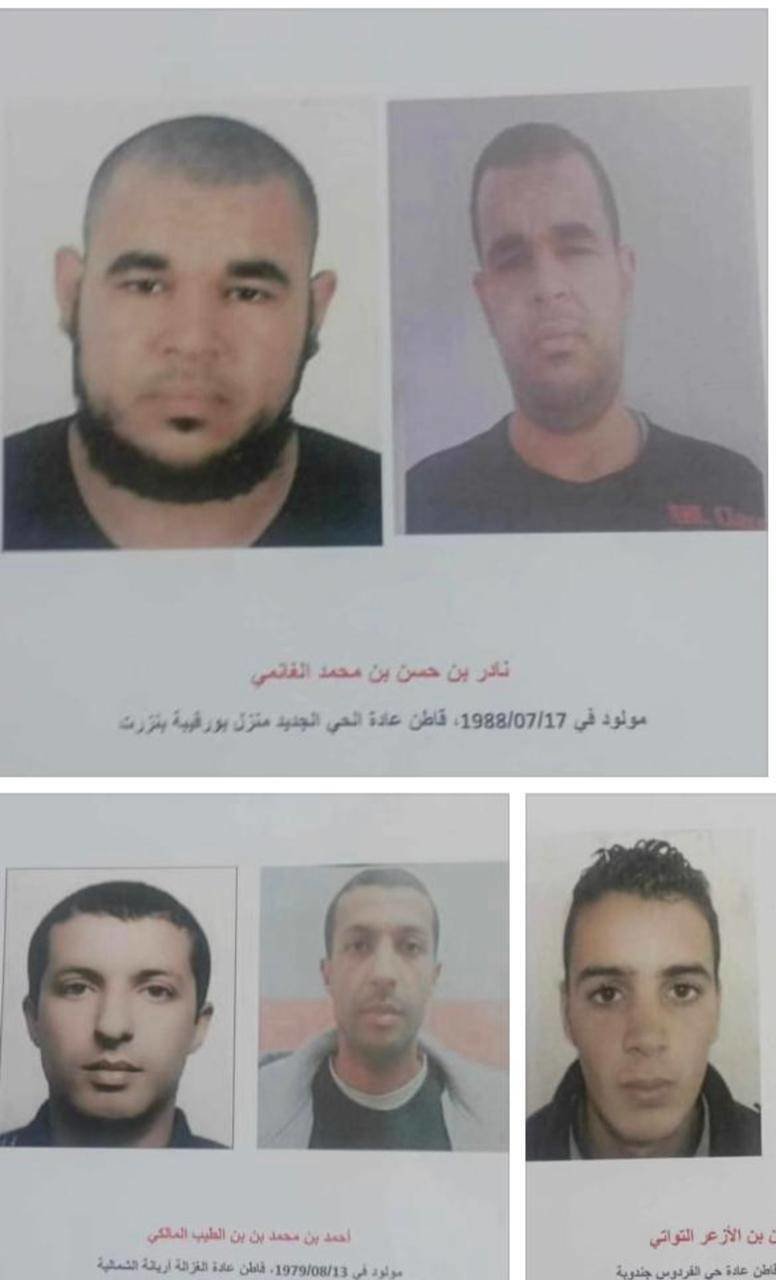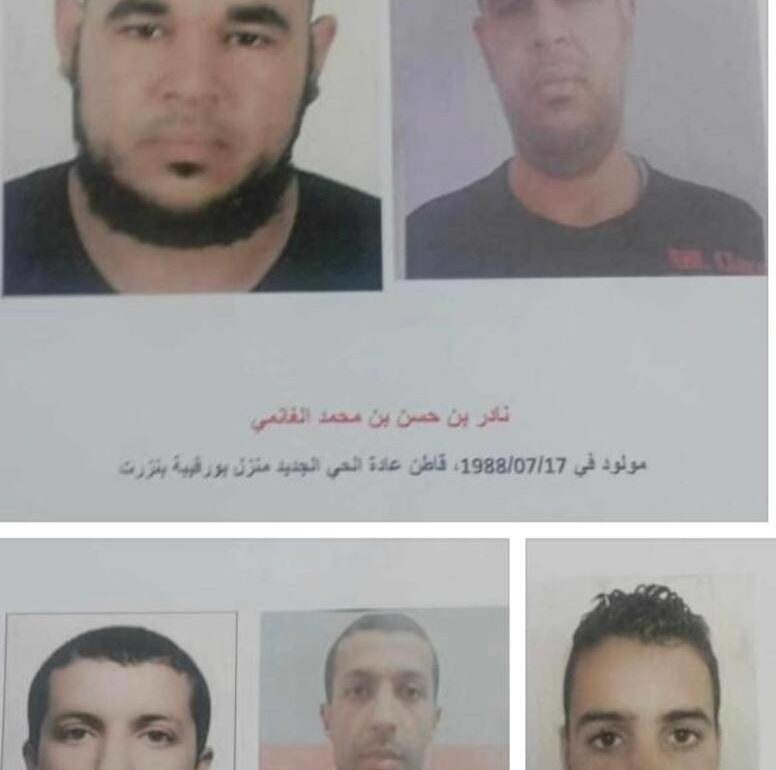
Palestinian Americans and aid groups in the United States are raising funds for Gaza, which faces a deepening humanitarian crisis as the Israel war on Gaza enters its fourth week – but they have as yet limited ability to get supplies into the besieged enclave.
Aid organizations that serve civilians in Gaza say they are receiving record amounts of donations in a sign of public support for relief efforts even as a growing stock of supplies remain stalled at Egypt’s Rafah border crossing, Reuters reported.
In the Gaza Strip, where 2.3 million people live, civilians are in dire need of clean water, food and medicine, emergency medics say. Half of Gaza’s population was already living in poverty before the crisis.
“We’ve seen a significant increase in donations, unlike we’ve ever seen before,” said Steve Sosebee, president of the US-based Palestine Children’s Relief Fund, which has a staff of 40 in Gaza that provide medical support. He said the fund, which usually has an annual budget of around $12 million, had raised $15 million in just 10 days.
However, with a web of political and logistical obstacles on getting aid in, much of the money and supplies intended for Gaza is in limbo, forcing aid groups to wait as they amass truckloads of goods.
Hamas burst over the Gaza border and rampaged through Israeli towns on Oct. 7, killing 1,400 and taking 229 hostages, according to Israeli authorities.
In response, Israel launched its most intense air bombardment campaign on the tiny enclave, along with a “total siege,” banning food, water and fuel imports.
Aid groups say they are building up supplies in hopes of eventually getting them through to civilians in Gaza, nearly half of whom are children.
There has been “a five-fold increase in the total number of donors versus typical past emergencies,” said Derek Madsen, chief development officer of Anera, a nonpartisan emergency relief group for refugees throughout the Middle East. The organization, which maintains the privacy of individual donors, said it had recently received the largest single donation from an individual in its 55-year-old history.
The majority of support comes from donors based in the United States, he added, with individual donations averaging around $138. The efforts mirror those of Jewish groups in the US and Canada who also fundraised millions for Israel.
Anera was using the last of its stocks this week to distribute meals and vegetable parcels in Gaza. Its staff of 12, like everyone in Gaza, were facing “unbelievable, unimaginable trauma,” he said.
In Ann Arbor, Michigan, Rabia Shafie, national director of the Palestine Aid Society, said her group was speaking to student and Muslim groups on local university campuses and community centers to spread awareness and raise donations for the Red Crescent and UNRWA, the UN aid agency that serves Palestinian refugees.
“The money is needed to help people survive at this point of time. Medical support is so essential,” she said.
“People are glued to the television … watching the news moment to moment and very stressed out over the situation,” said Shafie, adding that it was difficult as a Palestinian American to watch “the massacre and injustice done to our people back home.”
Hamas-governed Gaza is one of the most densely packed places on earth and its medical authorities say over 8,000 Palestinians have been killed since airstrikes began, including more than 3,000 children.
Anera’s Madsen called for a ceasefire and establishment of a humanitarian corridor “so that people literally do not starve to death, literally do not die of dehydration.”
Last week, in Bay Ridge, Brooklyn, home to one of New York’s largest Muslim and Arab communities, hundreds of protesters called for a ceasefire with signs written in Arabic, Spanish, Hebrew and Korean.
In Clifton, New Jersey, the Palestinian American Community Center’s priority is advocating for US officials to support a ceasefire and for the hundreds of Americans trapped in Gaza, said Basma Bsharat, the education director of the center.
The center has also been collecting cash donations to send on to UNRWA. It has asked people not to donate supplies, which it has no easy way of sending to those in need in Gaza.
Last week, a woman came to the center anyway, hauling bags filled with goods.
“We didn’t know how to say no,” said Bsharat. “She was like, I just want to do something. I just want to help somehow.”
“It’s a very difficult time, and the fact that we do see the support coming in it, it gives some relief,” she said. “It gives some kind of solace.”
This post was originally published on this site be sure to check out more of their content.







